Lubricants in Saudi Arabia: Lubricants Market to Grow
The Saudi lubricant market represents 420 thousand metric tonnes. The emerging markets now consist of the Middle Eastern markets and the African markets. These are set to increase by 3.2% per year for the next 5 years or until at least 2019 according to the latest studies.
Interview with Mezahem H. Basrawi, CEO of Al Hamrani Fuchs Petroleum Saudi Arabia & Fuchs Oil Middle East
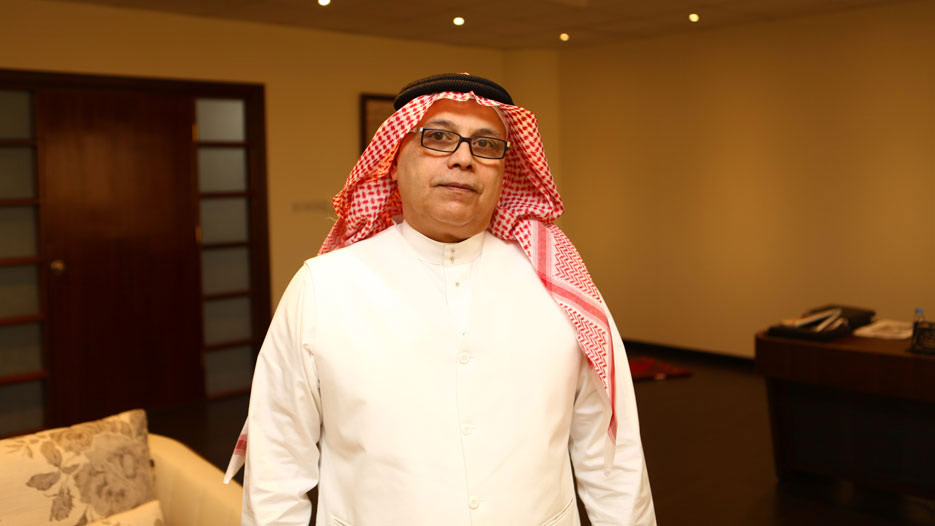
First of all let’s talk about the lubricant market in Saudi Arabia. How big is the market? How fast is it growing?
The Saudi lubricant market represents 420 thousand metric tonnes. The emerging markets now consist of the Middle Eastern markets and the African markets. These are set to increase by 3.2% per year for the next 5 years or until at least 2019 according to the latest studies. Of course there has been a drop in the European markets and in the US markets and so the emerging markets are now Africa and the Middle East and Saudi Arabia is among the top 5 in the area. The market here is going to be growing at 3.5%. Five years ago, the Saudi market represented 300 thousand metric tonnes and now it represents 420 thousand. It is moving quite fast.
Our population has about 8 million cars. The amount of cars that come in per year is close to a million.
And the lubricant market of course depends on the automobile market?
Of course it is related to that and also to industry and many other projects. Thus the more construction projects we have, the better. Actually lubricants are used in almost everything that moves i.e. cars, machinery; every day usage items—so many things use oil.
Have you seen a slowdown in the number of new cars? Or is growth steady?
We haven’t felt a slowdown in the number of new cars. On the contrary I think that I would say it is increasing.
Is it still growing by 15%?
I would say by 10 % – 15% .
You are one of the leading independent lubricants manufacturers…
We are a joint venture between the Alhamrani family group and Fuchs Petrolub from Germany, which is the number one independent lubricant company in the world. It just specialises in lubricants; it is not like other companies that deal in the upstream of oil refining. They are specialised in the lubricants business. They carry a little over ten thousand products from car oils to grease, to the most sophisticated and specialised products through a company called Lubritech. We manufacture their products here; we are a joint venture between Saudis and Germans. We have a plant in Yanbu. We produce around 30% of the market. We Produce and sell our Fuchs branded lubricants in domestic Saudi Market as well as exporting to 26 countries in the MENA region. We also produce products for third party only major companies as toll blenders. We produce between 135 and 150 thousand metric tonnes of lubricants per year, between our production, the third parties and the exports.
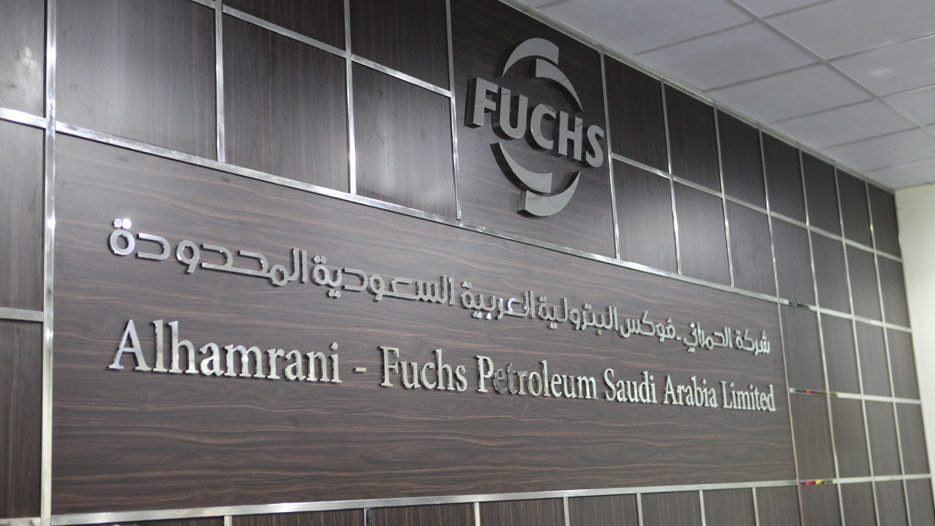
What is your current market share?
In what product? If you look at lubricants, there are so many products and some companies say, for example “I am in the diesel market and I am the best in the market”.
As a market share in terms of volume, we have around 15 to 16%.
Is there any particular area where you are the strongest?
We are rather strong in speciality products for manufacturing facilities and the industrial sector. We are also strong in multi-grade motor engine oils both gasoline and diesel.
How much of your production is exported and to where?
We export around 20 thousand metric tonnes. We used to export much more than that. We used to reach about 40 thousand tonnes, however some of our partners in the Middle Eastern area set up their plants and so are producing Fuchs in their plants under license from us. That is the reason for the reduction in our exports because they are now producing locally. We do continue to export to neighbouring countries like Yemen, Tanzania, Sudan, Egypt etc.
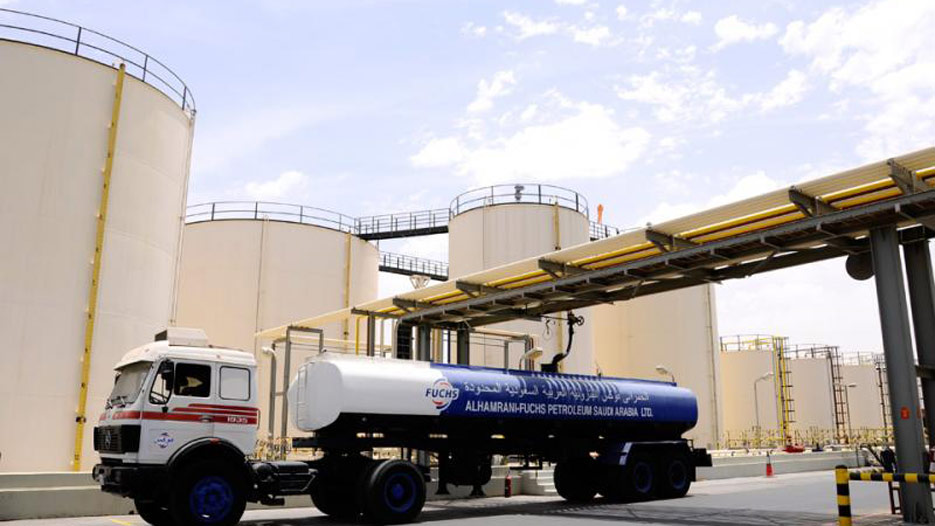
One of the major challenges for the lubricants industry is that lubricants are getting better every year and so they last longer, thus there is less need for them. How do you deal with this?
There is not less need. To tell you the truth, the better the oil, the more expensive it is. It also depends on the driving conditions, there is no oil company that can tell you that an oil will take you for such an amount of miles; they can perhaps give a ballpark figure but they can’t be held liable because you can drive your car in a way that it will burn the oil in a matter of two months or in six months. Price is directly related to quality of lubricant and the change interval
We have oil and it is produced by Fuchs Germany; it is a flagship for cars that are very sophisticated as it is a very sophisticated product. It is not for everyone. It is very expensive, but you cannot just put it in any car; engines have to be ready for such oils. You can bring a very old car and use very new oil on it, but that is not a very good idea because it could make the engine break down. Engine manufacturers test and recommend oil suitable for those particular engines in accordance with design and specification of the equipment.
The lubricants business is very innovative, every year there are new products. How do you approach innovation in Saudi Arabia? Do you have research and innovation centres?
The research and development is done in Mannheim, Germany because we are a multinational and that department belongs to Fuchs Germany. It is one of the best in Europe.
They have speciality products that as I said are flagship products, and they have new products such as the GT1. We take pride in having those products. When you think of oil, you think that it is of very high viscosity and it has to be heavy, now with the new technology you can get higher viscosity with a lighter liquid that has a higher viscosity index, which maintains higher viscosity at higher engine operating temperature. That is where technology and research comes in. Also we need this research because of emissions, because the lighter the oil, the less emissions. This is really being implemented now in Europe because the emissions issue in Europe and the US is a very important factor and I am sure it is going to follow in this part of the world very soon.
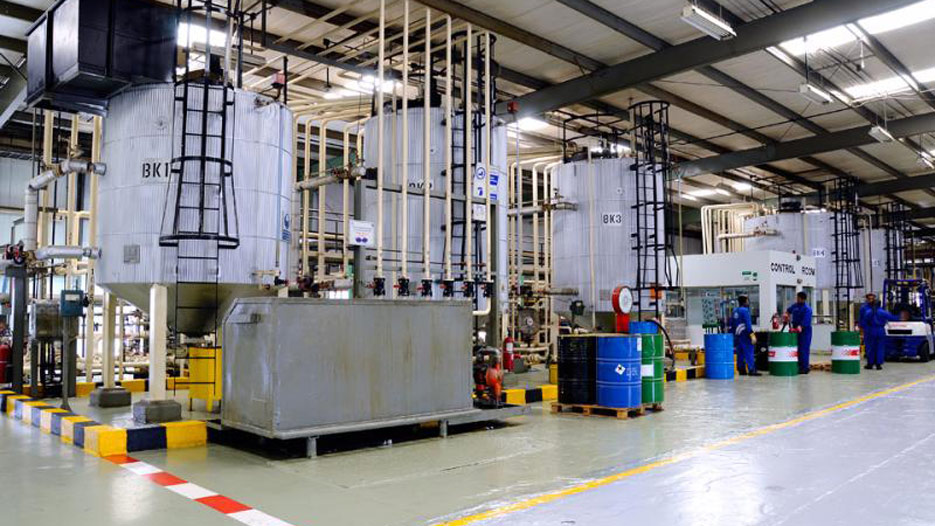
You said that you don’t directly carry out research and development, but you do still innovate. How do you approach innovation in Saudi?
Our industrial customers don’t really look at the price of the lubricants they buy as much as they want to see the long term costs and how much they can cut down on these long term costs. Part of our innovation is to go to them with certain tools to show how much they can optimise their oil consumption rather than just doing it the old fashioned way of checking after a month or so and when the oil is too thick, just throwing it away. There are tools now that will save 30% of the oil at least 25% of the time. When you multiply that for an industrial complex, you will find a lot of savings can be made. Thus our innovation comes from the tools that we use in helping industries optimise their costs and efficiency.
The other thing is that we have products used in food manufacturing where for example even if a spill takes place, it will not contaminate the food. This is very highly sophisticated oil which we have started selling here. We also have a biodegradable product, that if spilled on land, water or in the sea, it disintegrates and doesn’t form any kind of pollution.
Can you tell us about your approach to corporate social responsibility?
As you know, the saudization program in the country has moved quite swiftly. Of course it is a very important responsibility for all of us. The saudization must be done by companies based on credibility and qualifications. The excuse that we can’t find people to do the job correctly is no longer valid because companies now have to take the responsibility to build a generation to serve their purposes. We are on the verge of introducing something called the Alhamrani Fuchs Scholarship. We haven’t started yet but it is exactly where we are going.
We would like to take 5 students from high school and give them English and computer program training in Saudi Arabia and then to bring them in for in house training in lubricants. Afterwards we would like to send them to Germany for a month or two to see first-hand our partner´s premises and how they process the oil. Once they come back we want to give them jobs. That is the way that we would like to help and be a socially responsible company. We have 48% saudization, but our challenge is to increase and enhance the credibility of Saudis, not only to add percentages.
We also did a beach cleaning program about 2 years ago and we continued to do it in following years. We had school children from 4th grade to 6th grade help clean the beach in the Yanbu area, it was a very successful program and the kids liked it because it was also like a fun picnic for them; we gave out a lot of gifts and they enjoyed themselves.
The enhancement of youth is very important to us, not only to help us but also to help the country of course.
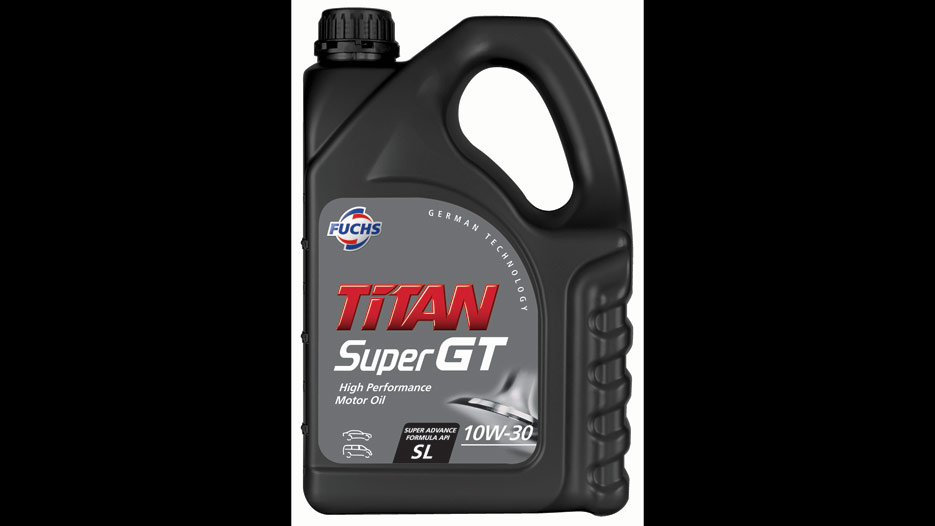
Can you tell us about your strategy and your approach to strategy?
The way we look at it is that a company should no longer be viewed from a merely financial position. Financially a company can be very sound, which of course is very good, we are all here to make money! However making money alone and overlooking the other pillars of a company is not good. We like to use the idea of scorecards; you have a financial scorecard, a production scorecard, an HR scorecard, and a marketing scorecard. Show me a company that is making a lot of money on its bottom line, but when you look at its marketing status it is perhaps losing its market share, its market perception, its retention of customers etc. that is a red flag.
Now of course they are making money because this effect takes time to show, but once it does, that is it. A company can increase its prices, sell less, make more money on the bottom line but they are losing market share. I have seen it happen and it happens in all areas. The production scorecard doesn’t have to apply just to producers or manufacturers: production is whatever you produce from your employees and supply to the outside, whatever service that may be. How many new innovations are you providing? Are you launching new products? When you look at HR for example, how many people did you promote, how many did you enhance, how many did you replace? All of these scorecards will help you have a solid company.
There are a lot of good companies, but there are very few great companies. To be a great company is not easy, but it is not impossible. Great companies are those that are rounded on all four pillars from the environment of HR to the production side, to marketing and market responsibility and of course financially. We look at all of these pillars as equally important. I cannot just make a good bottom line and not be an innovator in new products. Everything changes, the markets change and if you don’t change as quickly then I think you will find yourself way behind. The markets don’t start on the 1st January and then stop at the end of December.
The markets are dynamic; you must come up with a strategy based on “what ifs”. Companies that have been ahead of others, those who have sat and discussed the “what ifs” are the strong ones. Now I am not suggesting we waste time talking about “what ifs” but it is a must for companies to have this kind of analysis. We are in a very fast changing market; I don’t think it will be faster than it is now. It is so fast that by the time you invent something, it is already obsolete! It is becoming very difficult.
What are your strategic priorities for the coming years?
Of course we want to increase our market share but also to increase the serviceability on a high level. People don’t understand lubricants like we do, and we don’t expect them to. It is not like the computer business where more people know about computers and they can make the selling process either easier or harder. The more they know can sometimes make it even harder for you!
We would like to become educators and not just sellers. People today don’t understand the difference between why some oils have higher viscosity than others, and when to use which. In order for them to understand this it has to be through education from our domain. We have about 50 service stations around the kingdom, and we have plans to reach 100 stations. Through these stations we serve at least 100 to 160 thousand cars a year and that will grow more. Through these stations we do of course do some education about why one oil is used for one car and another for another car etc. but we cannot control the other channels, which are the retail channels.
We are also planning to educate drivers on safe driving. Unfortunately in some parts of the world, driving is being taken for granted and I think we would be very instrumental in educating generations. We don’t want to start with drivers that are already on the road. We have a program that we would like to take to the schools as we believe in building generations. We would like to reach children from the 6th grade. We want to offer education through entertainment which in the US they call edutainment! If we can do that massively and frequently enough, I think we will be instrumental in building up a new generation with the idea of what driving is all about. Telling people to use their seatbelts is just not enough, people need to know why and they need to be aware of the consequences.
Yes, because here the driving conditions are rather reckless!
A driver here is based on assumptions; they will cross the street assuming that you see them and assuming that you will respond! And you keep going assuming that they will stop and so you know what happens next… Every morning I see an accident. To tell you the truth, I have three mirrors in my car: right, left and rear but I think I could do with two or three more in order to see everybody! We need to educate people about better driving. A car can be a weapon or it can be a tool for transportation. Certain people are using them as weapons.
We have seen a significant drop in oil prices. How is that going to affect you?
Our raw material is part of the oil barrel; so it could be positively correlated sometimes. The base oil refineries are where they take the base oil feed stock and refine it into a base oil. At one point in time, when oil prices were going down, base oil prices didn’t go down because there were shortages in the feed stock as the big companies felt that they should produce more in the upstream than in the bottom stream, thus there was less feed stock, less raw material for us and fewer plants to refine base oil.
Right now, there are more base oil manufacturing facilities and refineries than before, so yes, there is a positive correlation when oil prices go down but the problem is that it is always a cyclical movement up and down. Of course the consumers are happy when prices goes down but resist the increase when it is up due to international raw material prices.